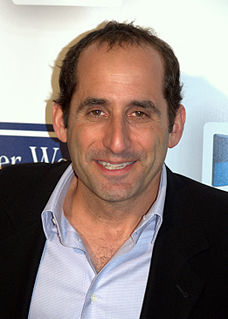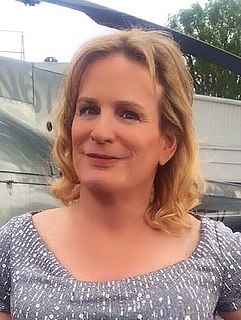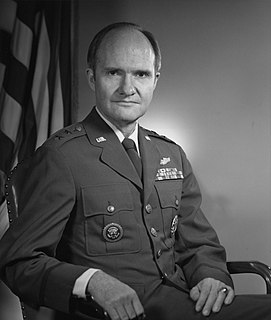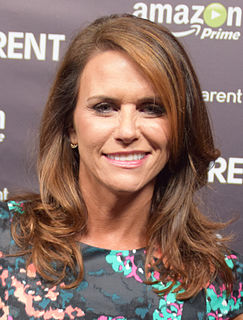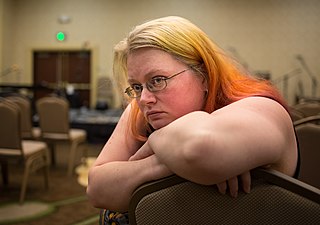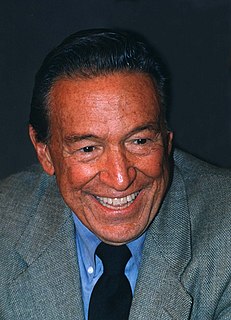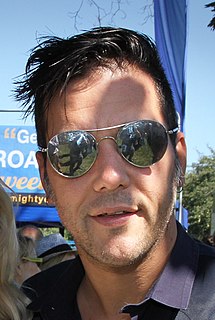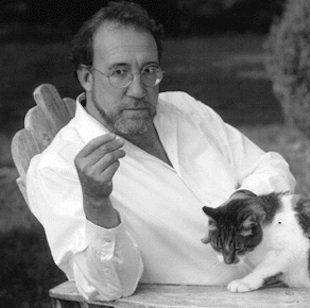A Quote by Geraldine Brooks
I was a news reporter for 16 years, seven of them a foreign correspondent in the Middle East, Africa and the Balkans. Perhaps the most useful equipment I acquired in that time is a lack of preciousness about the act of writing. A reporter must write. There must be a story. The mot juste unarriving? Tell that to your desk.
Related Quotes
I was a news reporter for 16 years, seven of them a foreign correspondent in the Middle East, Africa and the Balkans. Perhaps the most useful equipment I acquired in that time is a lack of preciousness about the act of writing. A reporter must write. There must be a story. The 'mot juste' unarriving? Tell that to your desk.
Many writers-in-waiting spend a lot of time avoiding the work at hand. The most common way to avoid writing is by procrastination. This is the writer's greatest enemy. There is little to say about it except that once you decide to write every day, you must make yourself sit at the desk or table for the required period whether or not you are putting down words. Make yourself take the time even if the hours seem fruitless. Ideally, after a few days or weeks of being chained to the desk, you will submit to the story that must be told.
Any reporter who's ever covered the Middle East can tell you about the Arab leader photo op. It is one of the most curious acts of solipsism ever invented. The beloved leader-for-life, a king or a president, always a man, appears on some hideous filigreed-and-gilded couch or chair, chatting with an important visitor.
A police reporter walks into the worst moment in someone's life on every single story that he covers. It's not like being a sports reporter. That's a great job and all that and takes certain skills. But, you know, they're glad to see you when you show up to cover the football game. Nobody is ever glad to see a police reporter when he shows up.
Life-writing calls for any number of dubious gifts: A touch of O.C.D., a lack of imagination, a large desk, neutrality of Swiss proportions, tactlessness, a high tolerance for archival dust. Most of all it calls for an act of displacement. 'To find your subject, you must in some sense lose yourself along the way,' is Richard Holmes's version.

